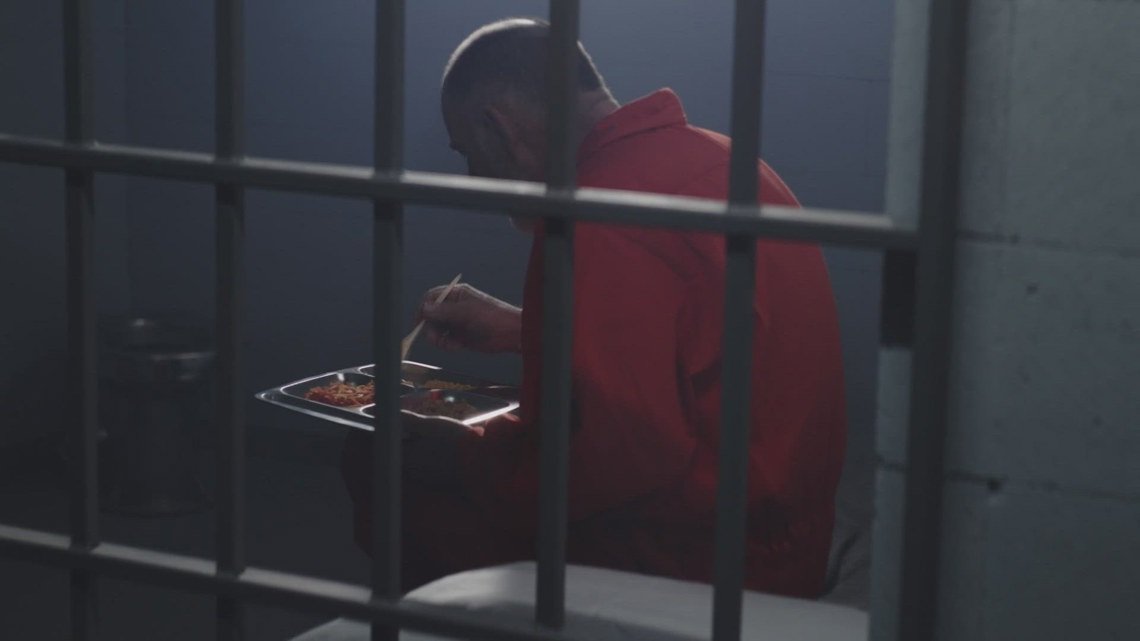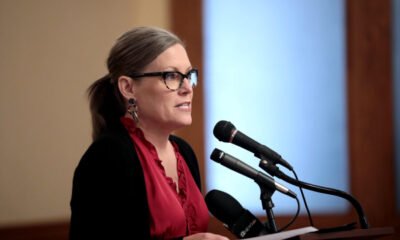arizona
Arizona Unveils Bill to Compensate the Wrongfully Convicted

PHOENIX — Arizona is set to advance a bill that could provide financial compensation for individuals wrongfully convicted, potentially making it the 40th state to do so. Sponsored by Rep. Khyl Powell of District 14, House Bill 2813 aims to enable those pardoned based on innocence, whose convictions were reversed, or who were found not guilty in a retrial to seek recompense.
The Committee on Public Safety & Law Enforcement unanimously backed the bill with a 13-0 vote, despite two members being absent. Under the proposed legislation, eligible individuals could receive compensation equivalent to 200% of the state’s median income for each year spent in prison.
Beyond financial restitution, the bill includes provisions for 52 hours of mental health treatment, 120 credit hours at educational institutions, and access to financial planning services. Powell emphasized accountability, stating, “All we’re suggesting here is for the state of Arizona to take full accountability for their mistakes.”
Khalil Rushdan, who spent over 15 years in prison for a crime he did not commit, shared his story during the committee meeting. He noted, “The only reason I went to prison… was the fact that they were upset because I refused to cooperate and exercise my constitutional rights.” Following his release, Rushdan has committed himself to community service and now leads AZ Village Network, a group focused on mentoring and support for those affected by incarceration.
The proposed legislation also mandates that courts expunge any related convictions and arrests from both state and federal systems, sealing these records. Furthermore, the Arizona Department of Public Safety would have to destroy all biological samples tied to the cases.
Hope DeLap, strategic legal counsel for the Arizona Justice Project, highlighted the bill’s supportive services aimed at helping recipients rebuild their lives. “There’s also some services available under the bill, as well mostly mental health treatment for a year after the court awards compensation,” she explained. “They could get vocational or skills training.”
Compensation cannot be reduced by expenses incurred by the state during wrongful imprisonment, such as housing or medical care. Additionally, claims must be filed within two years of a person’s release or the law’s enactment date. The Arizona Department of Administration would be required to make payments within 45 days of the court order.


















